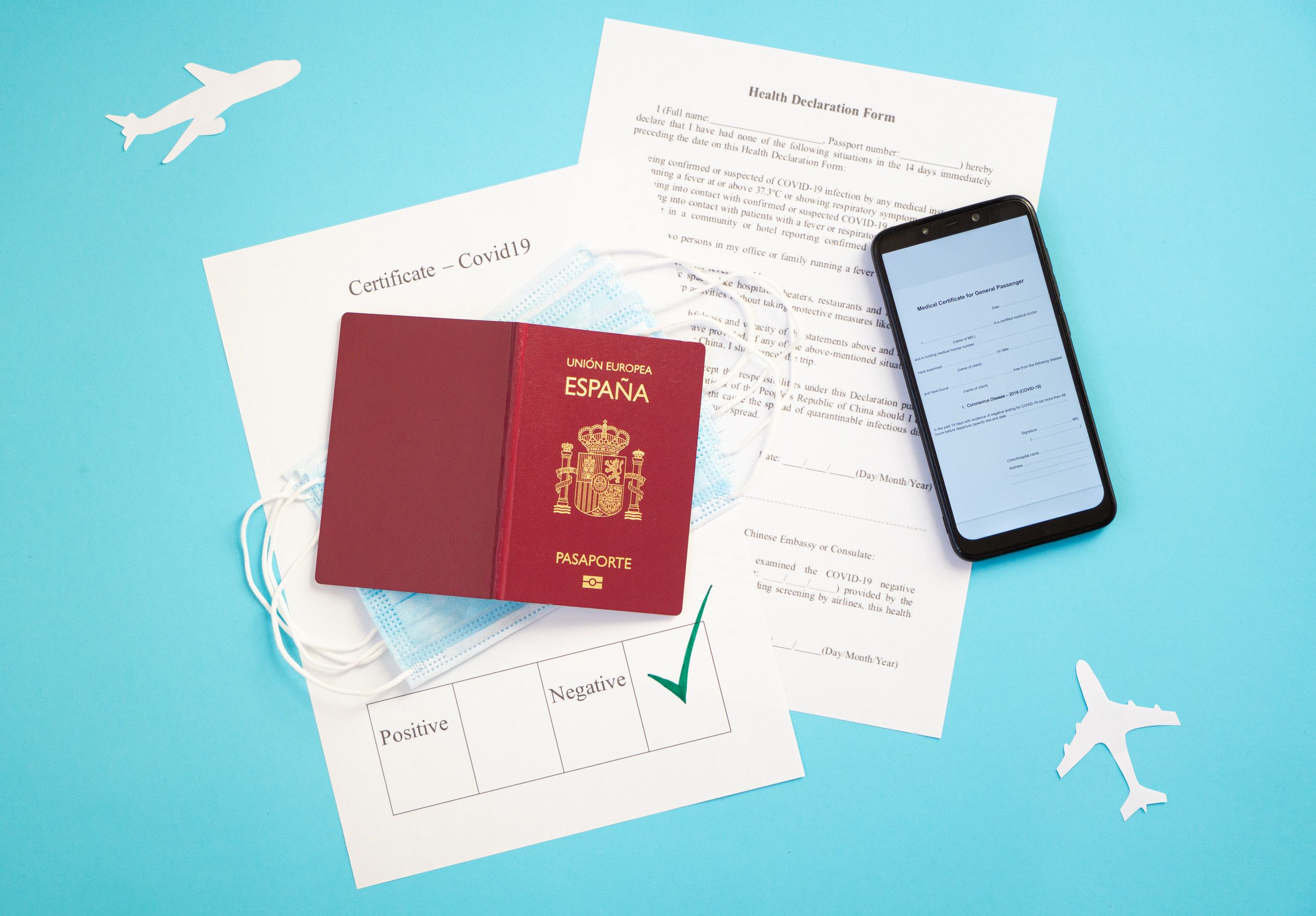
Last updated: January 2026
Category D visas in Georgia facilitate long-term immigration for work, study, or family purposes, allowing stays of up to one year with the option to apply for extended residence permits. Georgia's welcoming atmosphere, low cost of living, and streamlined immigration policies make it an attractive destination for individuals seeking a high quality of life and opportunities for growth. These visas cater to diverse needs, including work, study, and family reunification, reflecting Georgia's commitment to fostering a vibrant and inclusive community for both residents and newcomers.
Types of Category D Visas in Georgia (Long-Term Visas)
Explore the various types of Category D visas in Georgia, facilitating long-term stays for work, study, and family reunification, and catering to diverse immigration needs in the country.
|
Visa Type |
Purpose |
Validity Period |
Extension |
Required Documents |
|
Georgia Work Visa |
Employment |
1 year |
Yes, with continued employment |
Job offer/contract from Georgian company, proof of financial solvency, valid passport |
|
Georgia Student Visa |
Education |
1 year |
Yes, with ongoing enrollment |
Acceptance letter from Georgian University, proof of financial stability, valid passport |
|
Georgia Family Visa |
Family Reunification |
1 year |
Yes, with sustained family relationship |
Evidence of family tie (marriage certificate, birth certificate, etc.), proof of financial stability, valid passport |
Important Note:
- Category D Visa Extensions: Category D visas might be extended in some cases if you have a valid reason and you apply before the visa expires.
- Conversion to Residency Permit: It's highly recommended to convert your Category D visa to a residency permit before it expires if you intend to stay in Georgia for a longer period. The residency permit application process typically takes 30 days, so plan accordingly.
- Residency Permit Validity and Renewal: Residency permits in Georgia can be issued for various durations, with a maximum validity of up to six years. Residency permits can be renewed if you meet the eligibility criteria at the time of renewal.
Essential Documents for Category D Visa Application in Georgia
The prerequisites for obtaining a Category D Visa in Georgia differ based on the visa subtype: employment, education, or family reunification. Nonetheless, certain fundamental requirements apply:
- Completed Visa Application Form: Applicants must duly fill out and sign the Georgia visa application form, obtainable from the embassy, consulate, or online portal.
- Valid Passport: The passport should remain valid for at least three months beyond the intended stay in Georgia and contain a minimum of two blank pages for visa endorsements.
- Passport-Size Photo: A recent passport-sized photo adhering to the government specifications regarding quality and dimensions is necessary.
- Purpose Documentation: Supplementary documentation supporting the purpose of stay is requisite, depending on the visa category. This may include a job offer letter, acceptance notification from a Georgian educational institution, or evidence of family ties with a Georgian citizen or resident.
- Health Certification: Applicants may be required to furnish a health certificate issued by a licensed medical practitioner, affirming the absence of communicable diseases.
- Criminal Record Clearance: A criminal record certificate from the applicant's country of residence or any jurisdiction where they have resided for over six months might be necessary.
- Financial Sufficiency Proof: Evidence of adequate financial resources to sustain oneself throughout the stay in Georgia may be mandated.
Procedure for Category D Visa Application in Georgia

Securing a Category D visa in Georgia entails a comprehensive process due to its long-term nature and extensive documentation requirements:
- Application Submission: Begin by completing and submitting the Georgia visa application along with all necessary documentation to the embassy or consulate in your home country.
- Gather Required Documents: Depending on the specific Category D visa type sought, gather additional documents such as a work contract for a Georgia Work Visa or proof of enrollment for a Georgia Student Visa.
- Appointment Scheduling: Arrange an appointment with the embassy or consulate to provide your biometric data as part of the application process.
- Interview Attendance: Attend an interview, if required, where a consular officer may ask questions pertaining to your application to ensure its accuracy.
- Processing Time: Await the processing of your application, which can range from several weeks to months, contingent upon the visa type and application volume.
- Visa Collection: Upon approval, collect your Category D visa from the embassy or consulate, presenting your passport and any additional requested documents.
Benefits for Long-Term Stay in Georgia vs. Challenges of Application
Discover the advantages of a long-term stay in Georgia, including a welcoming environment, low cost of living, and favourable tax conditions, contrasted with the challenges commonly faced during the visa application process, reflecting the country's evolving immigration policies.
|
Aspect |
Description |
|
Benefits |
Long-term stay: Legally reside in Georgia for an extended period (extendable visa). Explore opportunities: Establish yourself in Georgia for work, education, or business ventures. Path to residency: Apply for a residence permit with access to healthcare, social services, and banking. Citizenship possibility: Potential stepping stone to Georgian citizenship after meeting residency requirements. |
|
Challenges |
Lengthy process: The application can take several months to be processed. Strict requirements: Meeting all eligibility criteria and document requirements is crucial. Advance planning: The application must be submitted well before your travel date. |
Disclaimer: This information is intended for general guidance and was last updated in January 2026. While we strive to ensure the accuracy and completeness of the information, we cannot guarantee it and accept no liability for any errors or omissions. Visa requirements, application procedures, and fees are subject to change, and applicants should verify the most current information through the official government website or relevant authorities.
FAQS
Here is the reformatted text with headings inA Category D visa is a long-term immigration visa that permits foreign nationals to reside in Georgia for extended periods, typically for work, study, or family reunification purposes.
Category D visa holders can initially stay in Georgia for up to one year, with the option to apply for a residence permit for longer-term stays.
Georgia offers various types of Category D visas, including work visas for employment, student visas for academic pursuits, and family visas for reunification with relatives residing in Georgia.
Benefits include the ability to legally live and work in Georgia, access to the country's favourable tax environment, and the opportunity to enjoy the country's rich cultural heritage and quality of life.
Challenges may include meeting specific eligibility criteria, providing required documentation, navigating language barriers, and understanding the evolving immigration policies and procedures in Georgia.

To help us improve